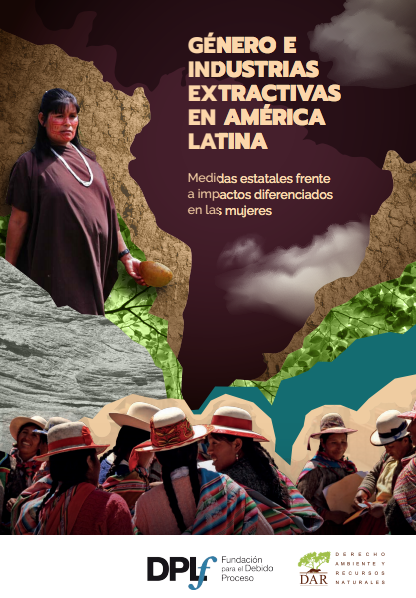Linking Food and Land Tenure Security in the Lao PDR
ABSTRACTED FROM INTRODUCTION: This report explores the relationships between land tenure security and food security in Laos, with comparison to other developing countries. The purpose of the study is to better understand these linkages in order to recommend pathways for policies and projects to improve food insecurity by increasing rural poor people's access and tenure security to land.


